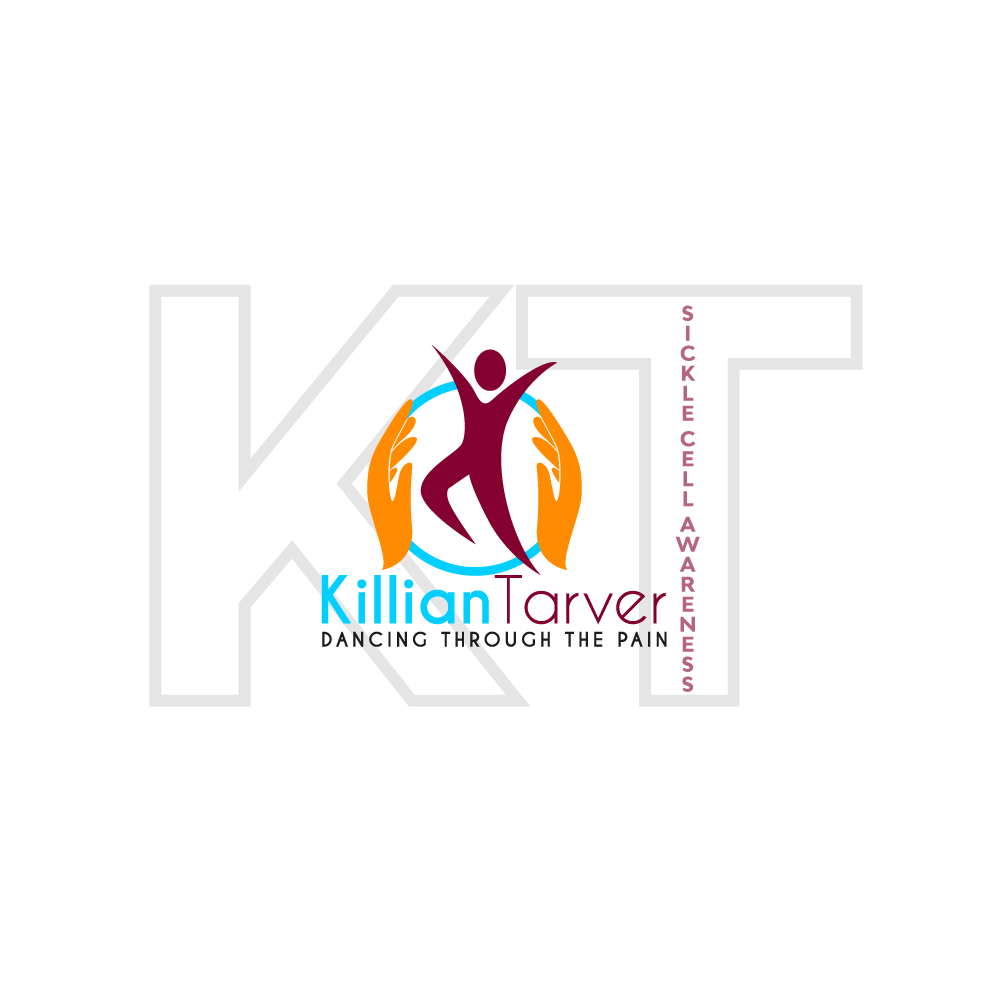The role of nutrition in sickle-cell anaemia is by no means settled, but certain points are clear. First, keeping alcohol use modest helps. A drink or two every now and then is okay, but overdoing it can easily trigger a sickle-cell crisis.
Second, it is important to emphasize plant foods – vegetables, beans, grains, and fruits – in your daily routine. Vegetables and beans, in particular, are rich in the folic acid needed to make blood cells. Also, these foods give your plenty of protein without using animal products. This is important, because sickle cells can clog the kidney’s tiny blood vessels, causing it to gradually lose its filtering ability. Animal proteins accelerate the loss of kidney function. Getting your protein from plant sources helps preserve your kidneys.
Third, taking a daily vitamin-mineral supplement is good insurance. In addition to supplying folic acid and zinc, which are low in some people with sickle-cell disease, it also supplies vitamin B12, which is missing from grains, beans, vegetables and fruits.
Iron supplements should be used only if prescribed by your physician. While some people with sickle-cell disease are low in iron, others are iron overloaded, particularly if they have had numerous blood transfusions. Some care providers have also suggested the use of vitamin E, 450 IU per day, although the evidence that it helps is only modest at present.

